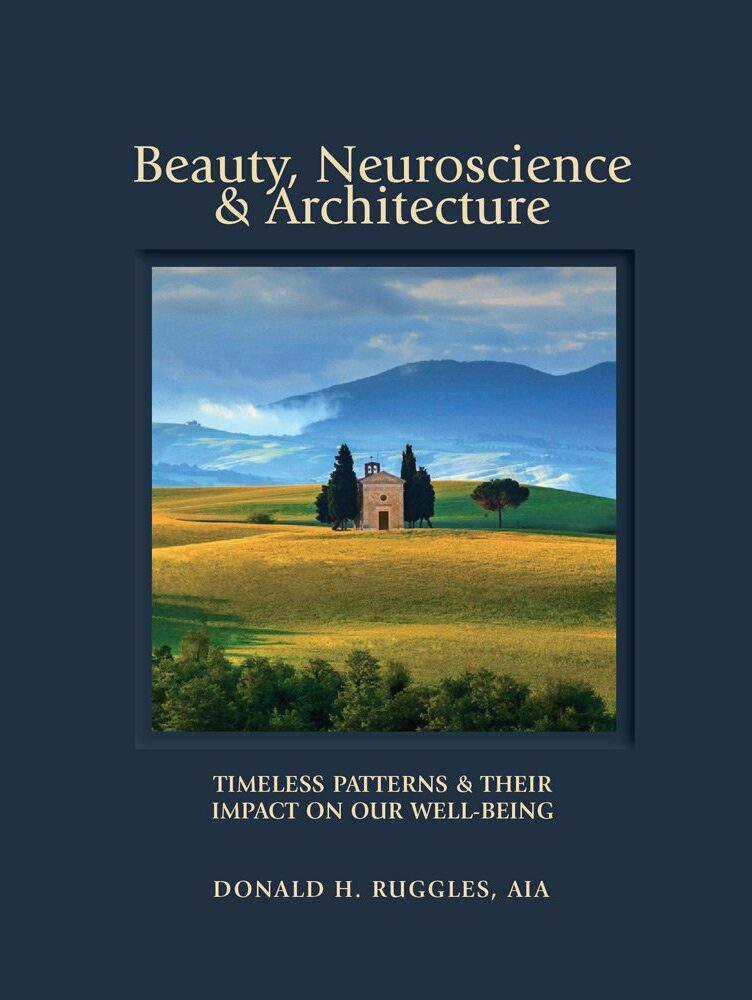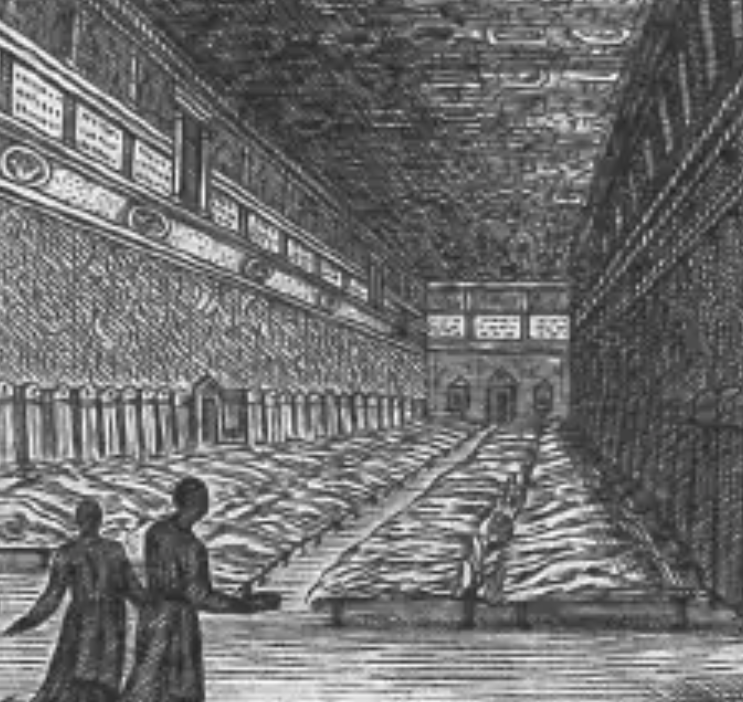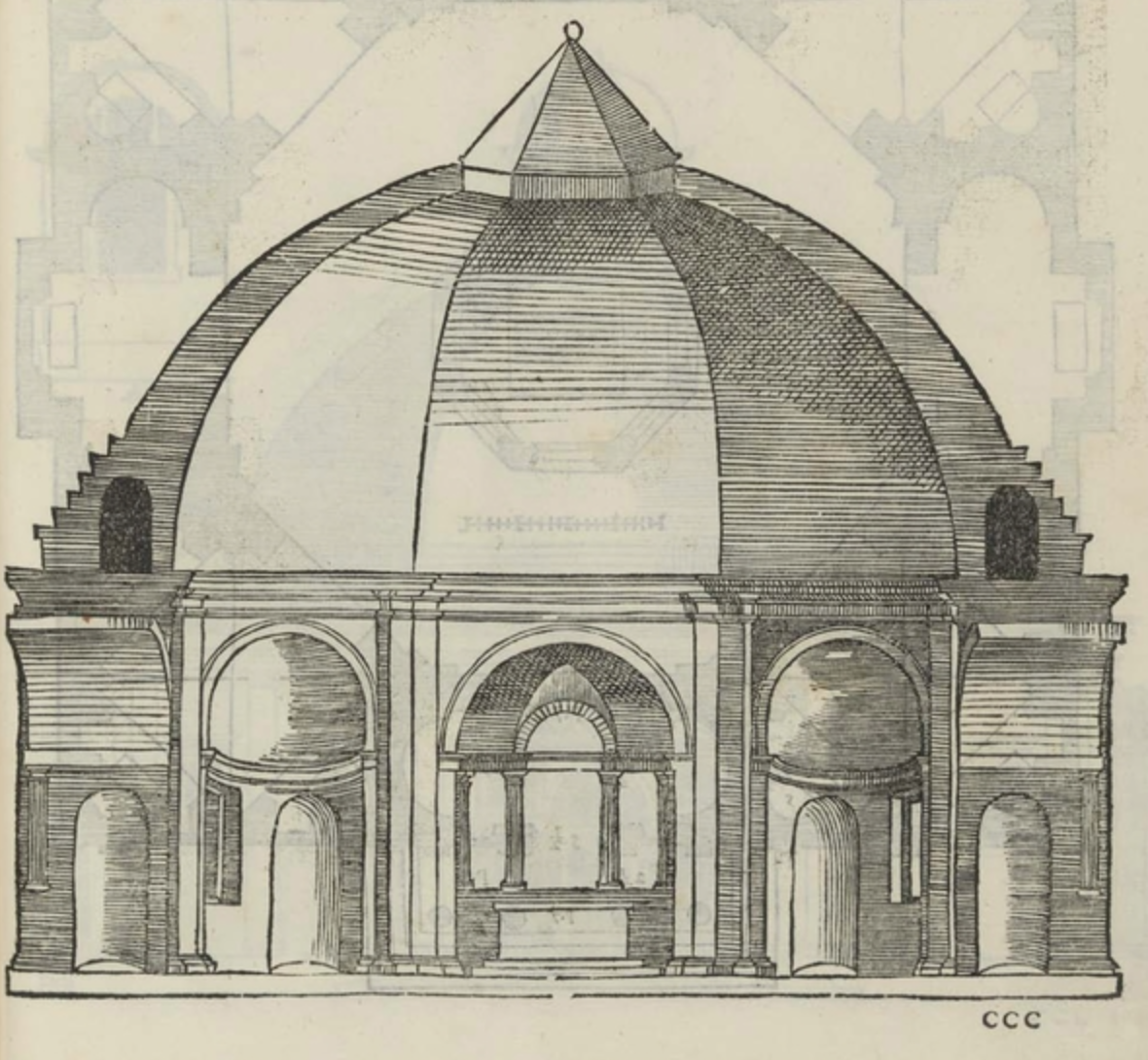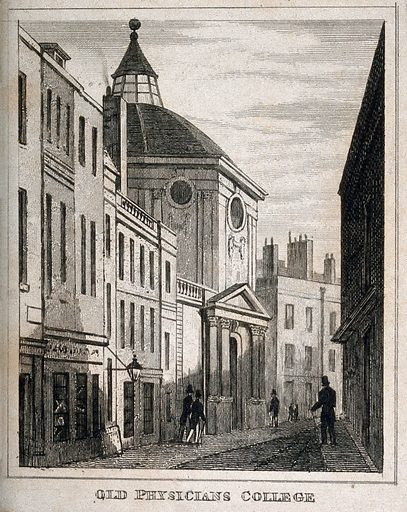The Centre for the Study of Classical Architecture and the Karolinska Institutet – Sweden’s premier university for medical research – have joined together to organise the conference Architecture and Spaces of Healing. Many conferences over the past two years have reflected on architecture’s role in the discipline of public health. It is an important perspective, but we hope to go further and think more critically, and specifically, about architecture’s role in physical and mental wellbeing.
We have a formidable group of scholars – historians, practitioners, and scientists – speaking on three distinct aspects of architecture and spaces of healing: ‘Historic places of healing’, ‘Architecture and Neuroscience’, and ‘Designing Spaces of Healing’.
Among our speakers are three prominent authors who have recently written books on the topic of architecture and neuroscience. Don Ruggles, whose first book, Beauty, Neuroscience & Architecture: Timeless Patterns & Their Impact on Our Well-Being (2017) investigates how timeless forms and patterns in design affect our health and well-being, will argue that a new, urgent effort to embrace beauty is fundamental to architecture and is core to his own practice. Ruggles’ book was made into a full-length documentary in 2020 titled ‘Built Beautiful, An Architecture & Neuroscience Love Story with Narration by Martha Stewart.’ The film features leading UK architect John Simpson, CSCA visiting Professor at the University of Cambridge, who will also be speaking on the panel ‘Designing Spaces of Healing’. ‘

Mark Alan Hewitt, author of Draw in Order to See (2020) will be speaking on ‘The Body Breathes Emotion: How Greek Architecture Moves Us’. In this presentation, Mark will use recent research on human empathy and emotional resonances to explore how the Greeks conceptualised their art and architecture to mimic both the natural world and the human psyche.
Dr Michael W Mehaffy, Executive Director of the USA-based Sustasis Foundation, will look at the mathematical concept of symmetry, in its fullest sense, has been figured large in architectural history up to the early twentieth century. His presentation ‘Symmetry in Architecture: Toward an Overdue Reassessment’ will decipher recent developments in mathematics, physics, biology, neuroscience, environmental psychology, and other fields that have given a new dynamism to the ancient topic of symmetry.
Three architectural historians will speak on how classical architecture was conceived to promote physical wellness or accommodate the sick and ailing. Dr Konogan Beaufay, Ax:son Johnson Morgan Fellow of Downing College, Cambridge will consider, through a range of archaeological and literary sources from various areas and periods of the Roman Empire, the role of baths in caring for the body and the mind of their users—or sometimes their failure to do so. Dr Johanna Heinrichs of the University of Kentucky will discuss how Pope Sixtus’s renovation of Rome in the fifteenth century was conceived to provide care and healing for the ill. Dr Matthew Walker of Queen Mary, University of London, revives Robert Hooke’s design for the Royal College of Physicians in London to reflect on who had the ‘right to heal’ in seventeenth-century London.



Professor Cristiana Caira and Hanna Morichetto of Chalmers University of Technology in Sweden will present on recent Scandinavian hospitals projects and how they testify to a generational shift in healthcare architecture, demonstrating the practical ways in which architecture can enhance mental and physical well-being.
Architecture and Spaces of Healing will take place at Downing College, University of Cambridge on 10 March 2022 and registration is free to attend in person and online thanks to the generosity of the Axel and Margaret Ax:son Johnson Foundation for Public Benefit.



